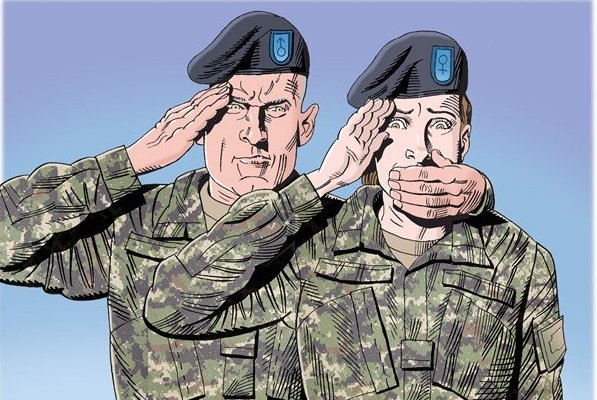For decades, sexual assault and harassment have festered through the ranks of the armed forces with military leaders repeatedly promising reform and then failing to live up to those promises. Women remain a distinct minority, making up only 16.5 percent of the armed services, yet nearly one in four servicewomen reports experiencing sexual assault in the military, and more than half report experiencing harassment, according to a meta-analysis of 69 studies published in 2018 in the journal Trauma, Violence & Abuse. (Men are victims of assault and harassment, too, though at significantly lower rates than women.) One key reason troops who are assaulted rarely see justice is the way in which such crimes are investigated and prosecuted. Under the Uniform Code of Military Justice, military commanders decide whether to investigate and pursue legal action — responsibilities that in the civilian world are overseen by dedicated law enforcement.

But this year has seen the arrival of a new administration, the end of a 20-year war in Afghanistan and the United States military's reckoning with many of the politically heated questions also being debated across America, including demands to change the names of bases named after Confederate leaders, accusations of racial bias and sexism across the armed services and right-wing backlash over the supposed teaching of "critical race theory" to service members. It's a combination of events that could help shepherd into the Pentagon some of the most significant policy reforms in a generation.
但今年,新一届政府上台,持续20年的阿富汗战争结束,以及美国军方应对许多政治热点问题的方式也在全美展开辩论,包括要求更改以南部邦联领导人命名的基地名称,对军队中存在种族偏见和性别歧视的指控,以及右翼对所谓向军人传授“批判种族理论”的强烈反对。这是一系列事件的结合,有助于引导五角大楼进行一代人以来最重大的政策改革。
译文由可可原创,仅供学习交流使用,未经许可请勿转载。












